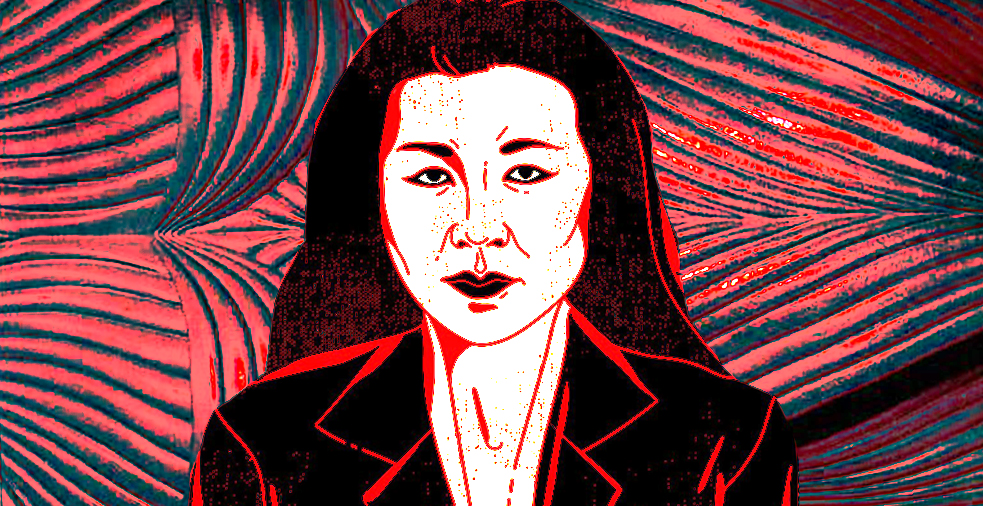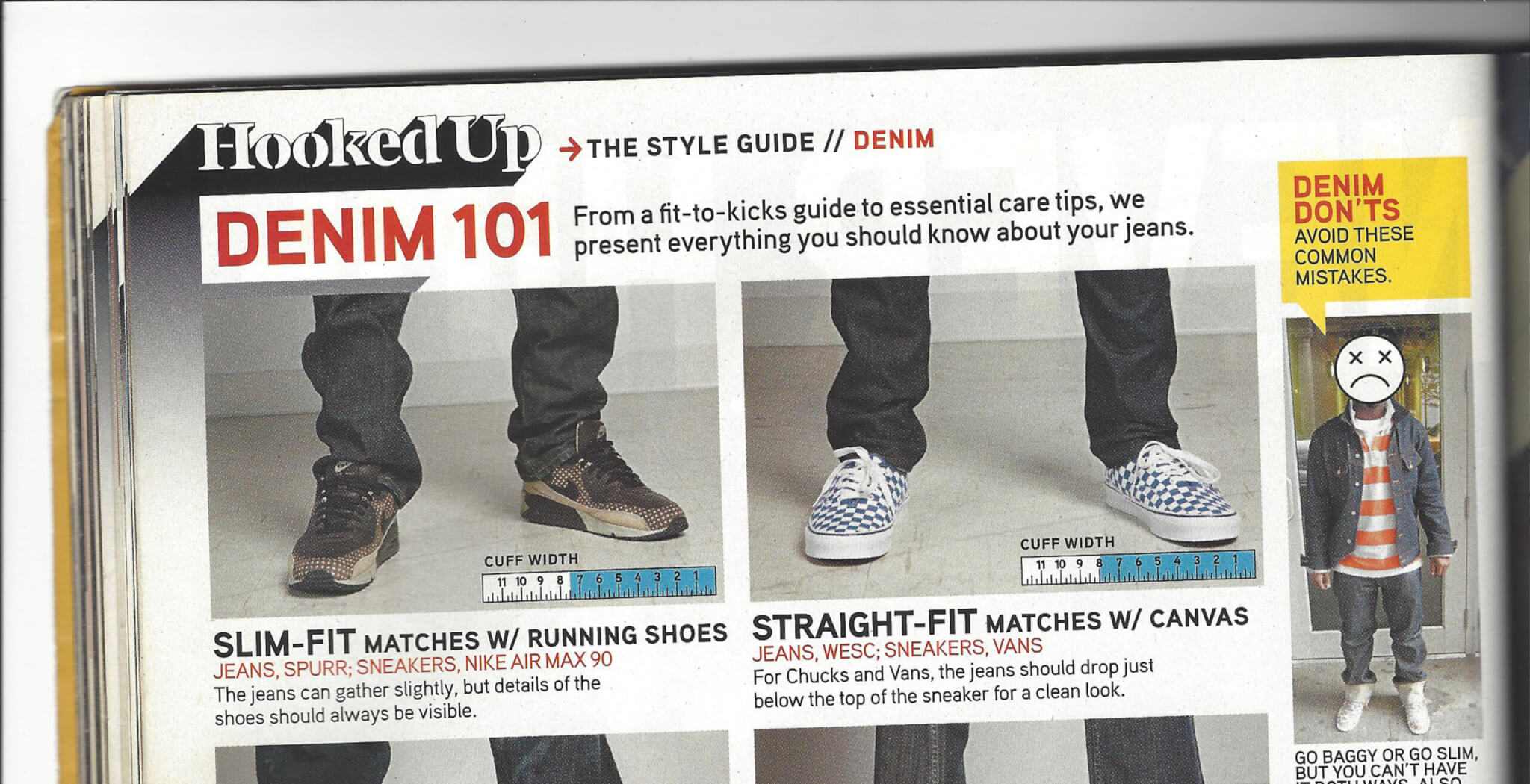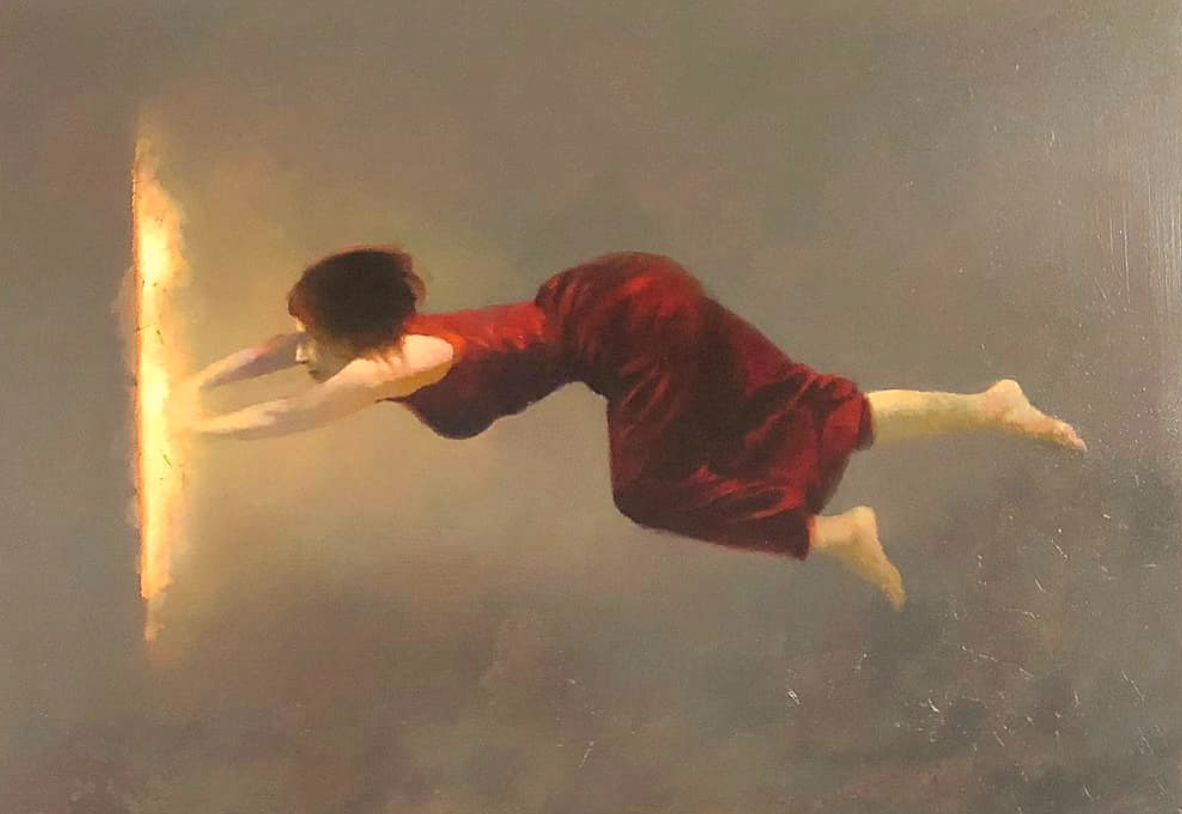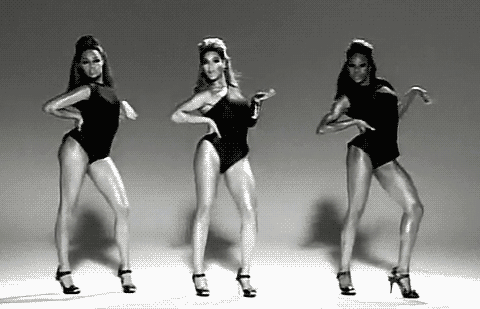Here is the captivating world of costume design through the lens of Eiko Ishioka, a visionary artist who seamlessly blended sensuality and surrealism in film. As Japan’s esteemed art director and graphic designer, Ishioka shattered gender stereotypes in a male-dominated industry and gained recognition for her groundbreaking work with Shiseido. However, it was her foray into the Western film industry that truly showcased her unique and darkly erotic vision.
One of her notable collaborations was with legendary filmmaker Francis Ford Coppola, whose movies claimed an astounding 23 Academy Awards, solidifying his status as one of the greatest filmmakers of all time. Their partnership began on “Bram Stoker’s Dracula,” where Ishioka’s role as costume designer earned her immense praise. Coppola himself expressed his frustration with the compromises often inherent in filmmaking but acknowledged that Ishioka was an exception. She possessed an unwavering ability to materialize her creative vision, earning her an Academy Award for Best Costume Design.
In the year 2000, “The Cell” stunned audiences with its visually overwhelming aesthetics and art direction. While it received both praise and criticism for its disturbing storyline, the film left an indelible mark with its unforgettable imagery and exceptionally imaginative costumes. On set, Ishioka’s dedication to her craft was evident when she refused Jennifer Lopez’s request for a more comfortable collar, explaining that discomfort was necessary to embody the character’s torment. Ishioka’s designs not only reflected the twisted psyche of the serial killer but also conveyed an unsettling eroticism. Her use of sheer dresses, elaborate wigs, and unconventional materials like plastic resulted in an evocative portrayal of the character’s inner world.
“The Cell” marked the beginning of a prolific collaboration between Ishioka and director Tarsem Singh. Their partnership flourished with films like “The Fall” (2006), which continues to captivate audiences with its visually stunning and awe-inspiring scenes. Shot across 28 countries over four years, “The Fall” follows the story of a paralyzed stuntman who befriends a young girl, weaving a tale of revenge that explores themes of life, death, and the allure of morphine. The movie’s breathtaking imagery truly defies imagination.
Tragically, Ishioka passed away from pancreatic cancer before the completion of her final film, “Mirror, Mirror.” Underrated and smart, this adaptation of the fairy tale “Snow White” featured over 400 meticulously crafted costumes and starred Julia Roberts and Armie Hammer. Ishioka’s talent extended beyond the realm of cinema, with notable contributions to Cirque du Soleil, a Tony Award-winning Broadway musical (“Spider-Man”), and a Grammy-winning album art for Miles Davis’s “Tutu.” Her artistic prowess even found its way into the grand stage of the 2008 Beijing Olympics, where she took on the monumental task of art direction, overseeing a budget exceeding 100 million dollars.
Eiko Ishioka’s creative boundaries knew no bounds. Her philosophy that “the world is my studio and everything on earth is my motif” underscores her unwavering passion for transcending cultural barriers and revolutionizing fashion and cinema. Her indomitable spirit and lasting impact ensure that her artistic legacy will continue to resonate with audiences worldwide.



























